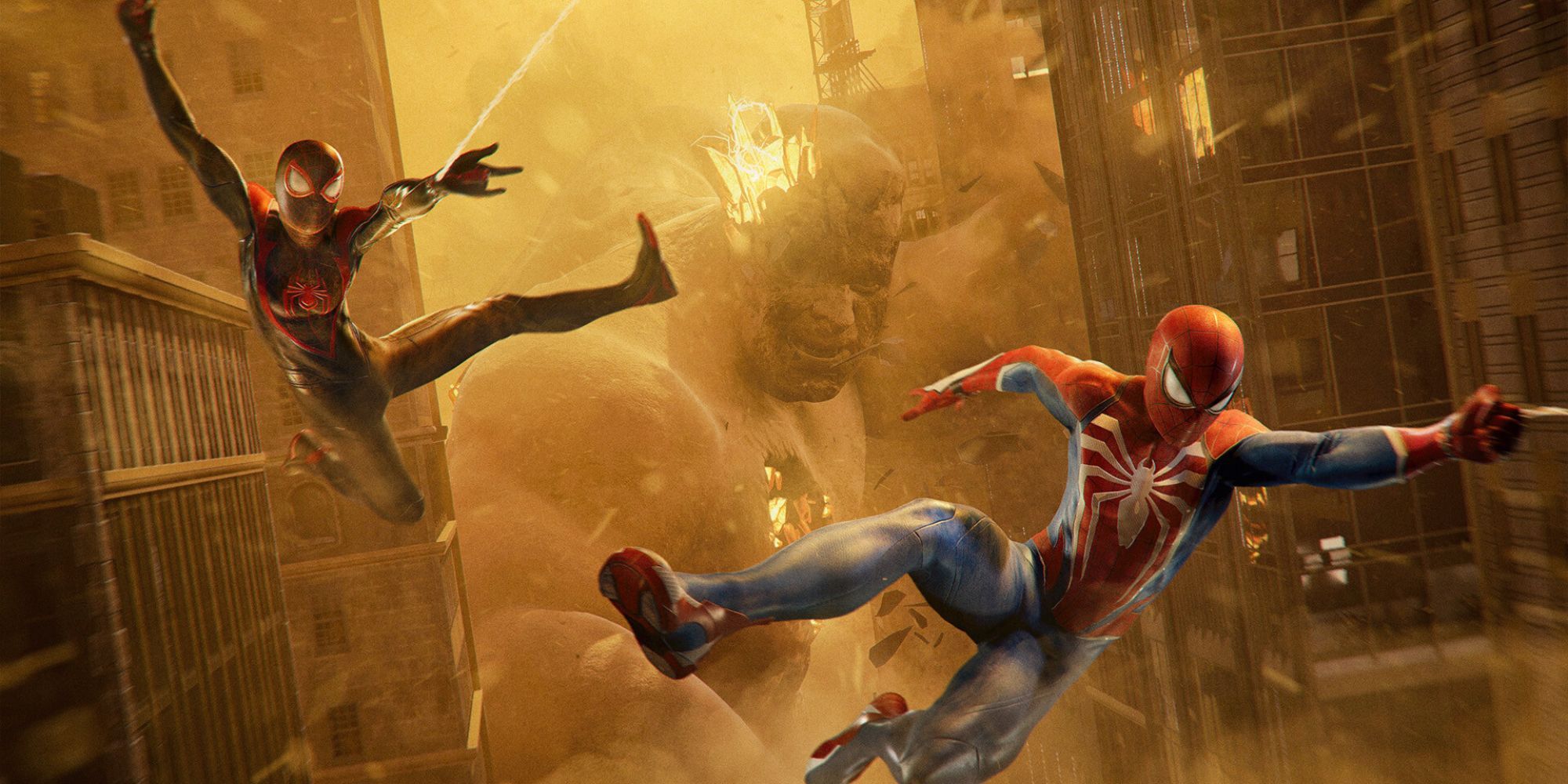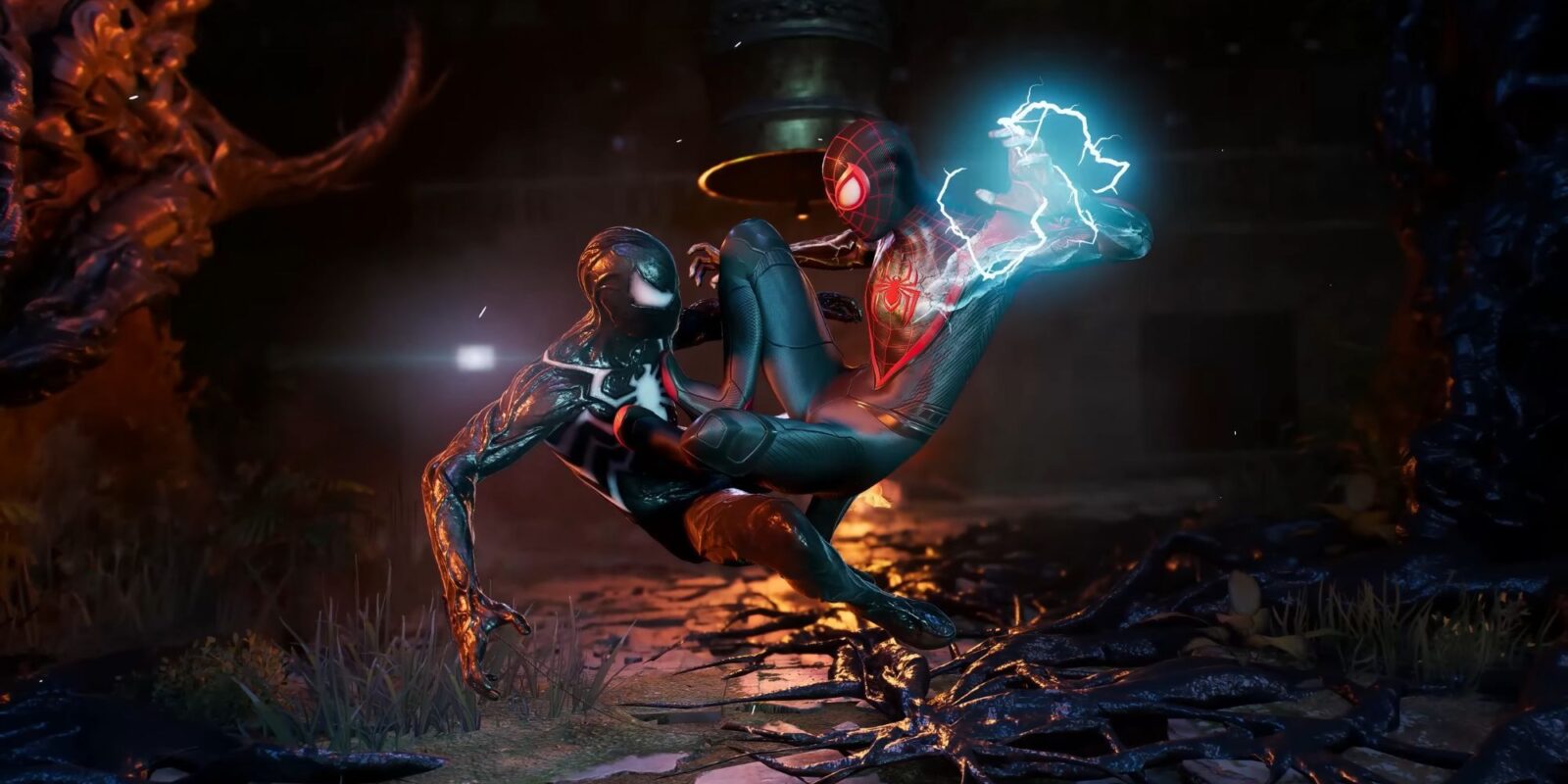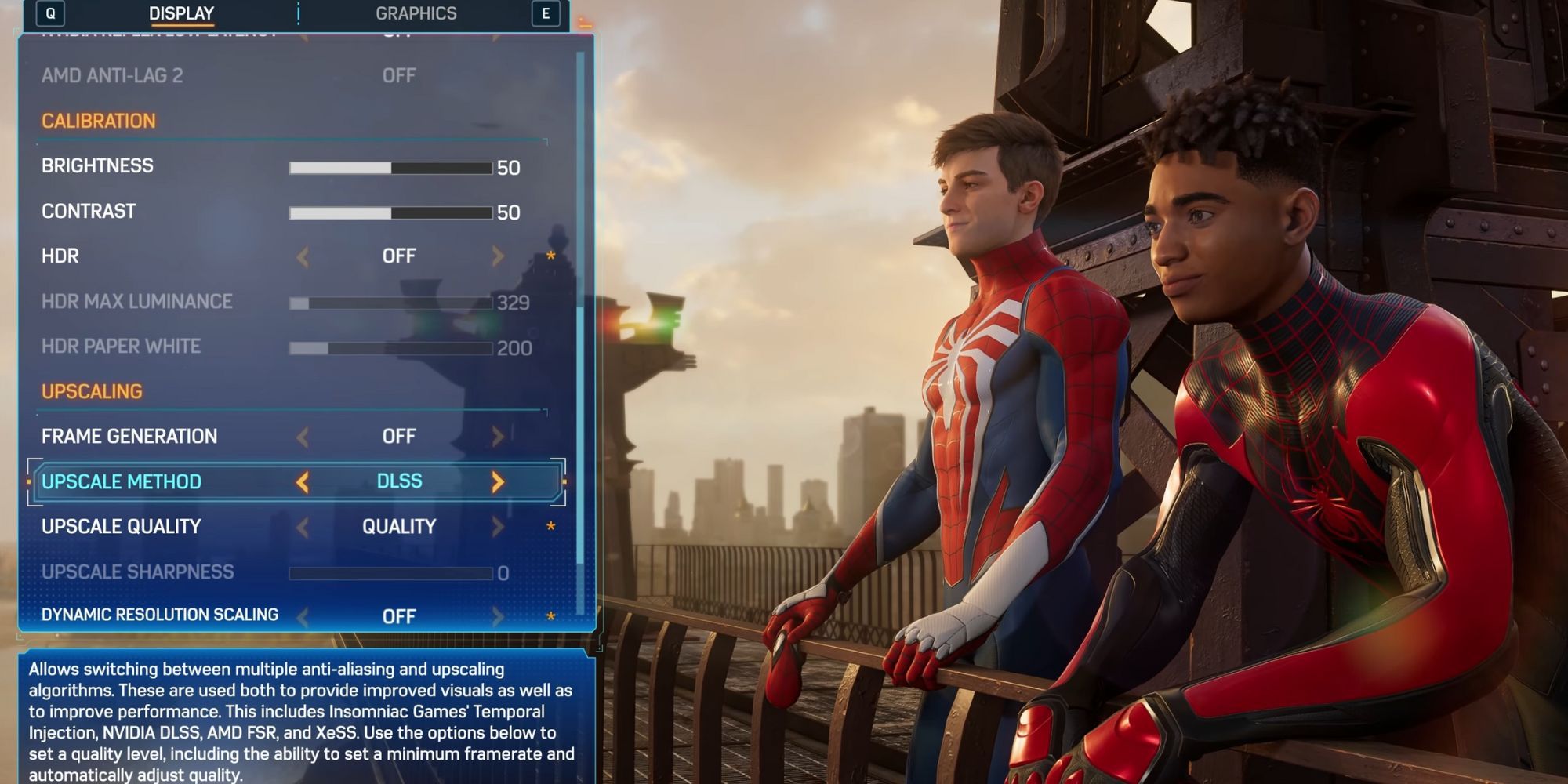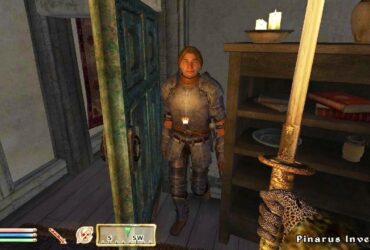Insomniac’s Marvel’s Spider-Man 2 has finally launched on PC, and players are eager to explore its gameplay, narrative, and performance. While the game’s poor optimization garnered mixed reviews on Steam, there are different settings that can be tweaked to achieve a playable experience across a wide range of hardware.

Related
Marvel’s Spider-Man 2: 7 Things You Should Do As Soon As Possible
With Marvel’s Spider-Man 2 getting its PC port, new players will want to make sure they do these things as soon as possible!
The developers didn’t shy away from adding various display and graphical presets, so you would want to play with them to find your ideal balance between visuals and performance. At the very least, go through the options below to get a seamless web-slinging experience across New York City in Marvel’s Spider-Man 2 for PC.
Best PC Settings For Marvel’s Spider-Man 2
Marvel’s Spider-Man 2’s system requirements on PC boast compatibility between low-end and top-tier hardware. Despite that, it suffered from poor optimization and bugs upon the official launch. Thankfully, the different display and graphics settings can be changed accordingly to obtain the best visual experience and performance.
|
Setting Type |
Setting Name |
Recommended option |
Note |
|---|---|---|---|
|
Display |
Monitor |
Native |
– |
|
Window Mode |
Fullscreen |
Doesn’t really affect the performance. |
|
|
Display Resolution |
Native |
– |
|
|
Aspect Ratio |
Auto |
– |
|
|
Refresh Rate |
Native |
– |
|
|
VSync |
Off |
Turning off this setting is recommended to avoid input lag. |
|
|
Nvidia Reflex Low Latency |
On |
Turning on the Nvidia Reflex Low Latency setting reduces latency from the GPU, increasing PC responsiveness. |
|
|
Brightness |
According to preference |
– |
|
|
Contrast |
|||
|
HDR |
On (if available) |
Improves visual clarity on monitors that support HDR. |
|
|
HDR Max Luminance |
According to preference |
– |
|
|
HDR Paper White |
|||
|
Frame Generation |
Off |
– |
|
|
Upscale Method |
DLSS |
Among all the upscaling options, DLSS yields the best performance with limited shimmering or visual distortion. |
|
|
Upscale Quality |
Quality |
Stick to Quality instead of Performance for the best visual experience. |
|
|
Dynamic Resolution Scaling |
Off |
This setting can be used to set a target frame rate, which is unnecessary. |
|
|
Graphics |
Texture Quality |
Medium |
Memory consumption will vary depending on this setting. |
|
Texture Filtering |
16x Anisotropic |
Tweaking this graphic option will affect texture quality and GPU performance. |
|
|
Shadow Quality |
High |
High shadow quality is recommended as it barely affects performance. |
|
|
Ambient Occlusion |
SSAO |
SSAO adds depth in the background without hindering the performance. |
|
|
Screen Space Reflections |
High |
Barely any noticeable difference between low and high. |
|
|
Raytracing Preset |
Off |
Avoid Ray Tracing altogether to prevent any performance dips. |
|
|
Ray-Traced Reflections |
|||
|
Ray-Traced Interiors |
|||
|
Ray-Traced Shadows |
|||
|
Ray-Traced Ambient Occlusion |
|||
|
DLSS Ray Reconstruction |
|||
|
Level of Detail |
Medium |
These settings will affect the elements on screen. Most mid-range hardware should be able to handle Medium to High presets. |
|
|
Traffic Density |
High |
||
|
Crowd Density |
Medium |
||
|
Hair Quality |
Medium |
||
|
Weather Particle Quality |
Medium |
||
|
Depth of Field |
Medium |
This setting simulates the camera effect. |
|
|
Bloom |
On |
Bloom allows bright objects to appear brighter, adding realism to the lighting. |
|
|
Chromatic Aberration |
Off |
– |
|
|
Vignette |
Off |
– |
The PC port developer, Nixxes Software, has rolled out a few hotfixes for Marvel’s Spider-Man 2, and they have acknowledged some of the issues related to frequent crashes and in-game frame drops. Hopefully, the upcoming patches will bring more optimization so that players can push out more performance on both low and mid-range hardwares.















Leave a Reply